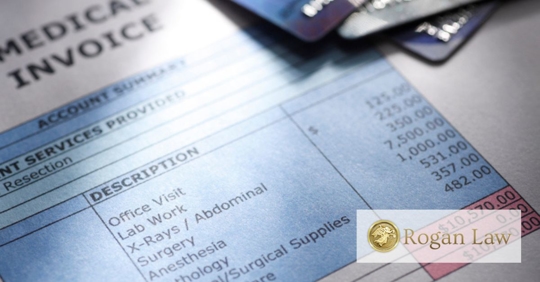The Role of Medical Records in Proving Car Accident Injuries
Car accidents can be jarring, and the aftermath often brings more than just physical pain. Medical records play a crucial role in documenting injuries and supporting your claim for compensation. They provide a factual account of what happened, helping insurance companies and courts understand the extent of your injuries and the treatment needed to recover.
Why Medical Records Matter
Medical records are more than just notes from your doctor’s office. They serve as concrete evidence showing the link between the accident and your injuries. Each entry—from emergency room reports to follow-up visits and diagnostic imaging—helps create a timeline of your recovery. Without these records, it can be challenging to prove the severity of your injuries or that they were directly caused by the accident.
Additionally, medical records can help establish future care needs. If your injuries require ongoing treatment, rehabilitation, or medication, detailed records are critical to demonstrate potential long-term costs. This information can directly affect the compensation you may be entitled to for medical bills, lost wages, and pain and suffering.
Key Components of Medical Documentation
Emergency Room and Hospital Reports – These records document immediate treatment after the accident, including tests, diagnoses, and any procedures performed.
Physician Notes – Regular doctor visits, physical therapy sessions, and specialist consultations provide a detailed picture of your recovery progress.
Diagnostic Imaging and Tests – X-rays, MRIs, and lab results give objective evidence of internal injuries that may not be visible externally.
Treatment Plans and Prescriptions – Detailed records of medications and recommended care help demonstrate the seriousness of your injuries and the recovery process.
How Your Attorney Uses Medical Records
A Scranton personal injury lawyer at Rogan Law will review and organize your medical records to build a compelling case. These documents support your claim by showing a clear connection between the accident and your injuries, strengthening your negotiation position with insurance companies. Well-documented medical evidence can make the difference between a fair settlement and a claim that is undervalued or denied.
Additionally, your attorney can identify gaps in documentation or follow up with medical providers to ensure all relevant information is included. This thorough approach ensures nothing is overlooked when presenting your case.
Tips for Ensuring Strong Medical Documentation
Seek prompt medical attention – Immediate evaluation helps document injuries while details are fresh.
Keep all records organized – Maintain copies of visits, tests, and prescriptions for easy access.
Follow your treatment plan – Compliance with medical advice strengthens your credibility and demonstrates the seriousness of your injuries.
Communicate clearly with providers – Ensure doctors understand your injuries are related to the accident so they are properly documented.
Protect Your Rights After a Car Accident
Medical records are a cornerstone of proving your injuries and securing fair compensation. At Rogan Law, our Scranton personal injury attorneys are ready to guide you through this process, helping gather, review, and present your medical documentation effectively.
If you’ve been injured in a car accident, don’t wait to take action. Call (570) 906-8532 today for a free consultation and start protecting your rights and recovery with experienced legal support.

